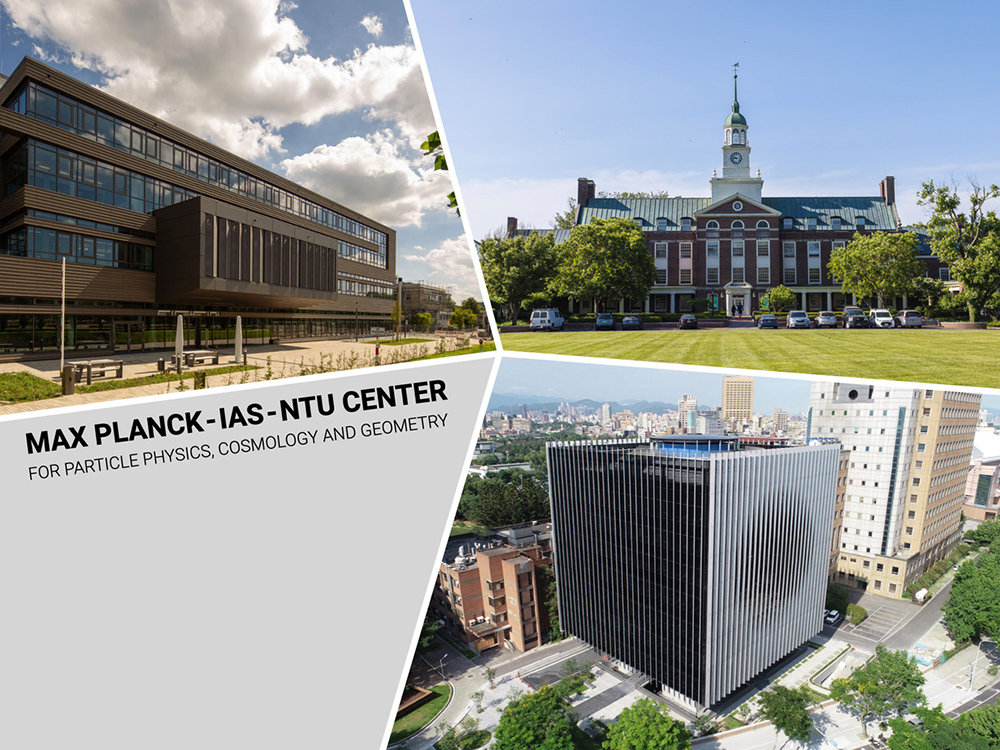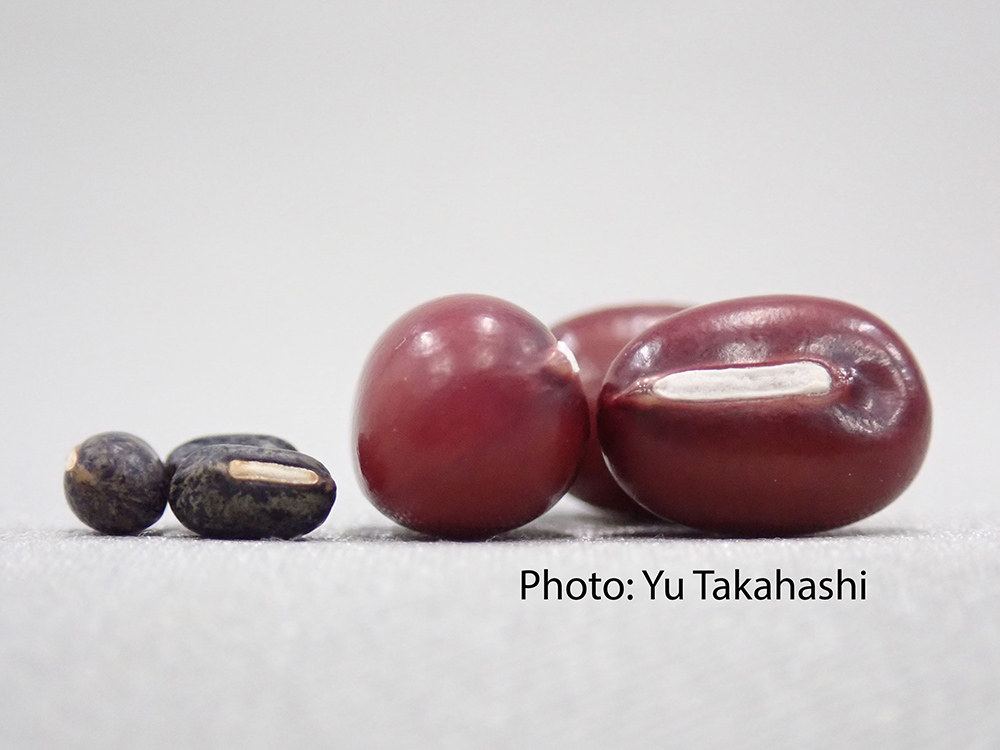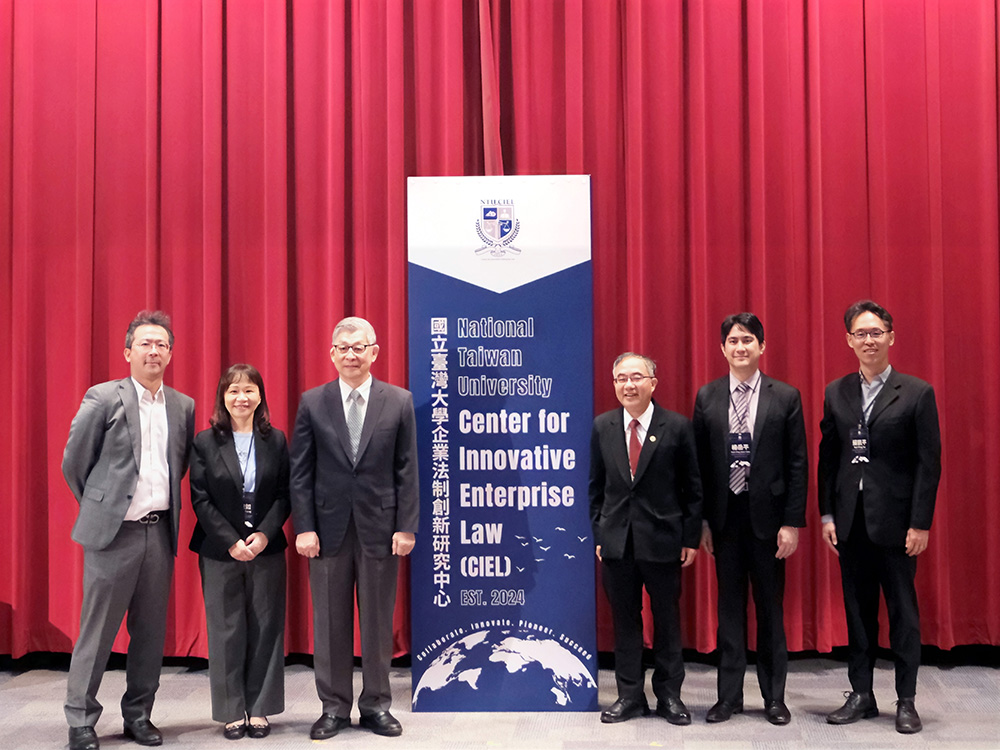
A new milestone for science at NTU: The inauguration of the Max Planck-IAS-NTU Center
瀏覽器版本過舊,或未開啟 javascript
請更新瀏覽器或啟用 javascript
Spotlights
Prof. Wen-Mei Fu and Ph.D student Chih-Peng Lin.
Image 1: Opioid tolerant patients tested positive for abnormal levels of CXCL1.
Image 2: CXCL1 levels increases with the dosage of opioid prescribed.
Image 3: CXCL1 levels also increase in rats injected with opioid morphine.
Image 4: Tolerance levels decrease with neutralizing (A) or blocking (B) of CXCL1.
NTU researchers have uncovered the reason behind drug resistance for opioid-based pain treatment. According to the study, opioid tolerance is likely induced by a protein produced by the spinal cord called CXCL1. According to the team, this is the first time that such a relationship has been scientifically proven.
High tolerance of opioid dosage not only increases the risk of side effects, it also causes burden to the liver and kidney. After approval from the NTU Hospital Research Ethics Committee, the team led by Graduate Institute of Pharmacology Prof. Wen-Mei Fu (符文美) launched a clinical research between 2010 and 2013 where 30 cancer patients diagnosed with opioid tolerance were analyzed against 10 non-cancer patients not treated with the anesthesia.
When compared to the control group, opioid tolerant cancer patients who were treated with the pain medication all tested positive for CXCL1 (Image 1). Moreover, the result found that CXCL1 levels increased with the dosage of opioid prescribed (Image 2).
Similar results were yielded when the experiment was administered on rodents. In injecting opioid into the rat’s spinal cord, researchers found that CXCL1 concentrations rose significantly within 48 hours after the morphine was injected (Image 3). In contrast, neutralizing or blocking of the protein compound resulted in declined levels of opioid tolerance (Image 4).
The team argues that CXCL1 may potentially become a new target for developing drugs that attenuate morphine tolerance, and thereby assist suffering cancer patients achieve prolonged pain relief.
The study was published in the March edition of Anesthesiology, the official medical journal of the American Society of Anesthesiologists. It was also featured in the ASA website news release, as well as covered in an article in Forbes.com.

A new milestone for science at NTU: The inauguration of the Max Planck-IAS-NTU Center

A Distinguished Global Research Center Established at NTU under Trilateral Cooperation

Collaborative study between NTU and Japan uncovers the origin of Adzuki Beans and agriculture in Japan

NTU Launches Center for Innovation in Enterprise Law—with Forum Highlighting Trump’s Policy and Legal Shifts Amid Geopolitical Tensions

NTU and Ministry of Environment Sign MOU to Advance Net-Zero Transition and Environmental Resilience
Current Spotlights